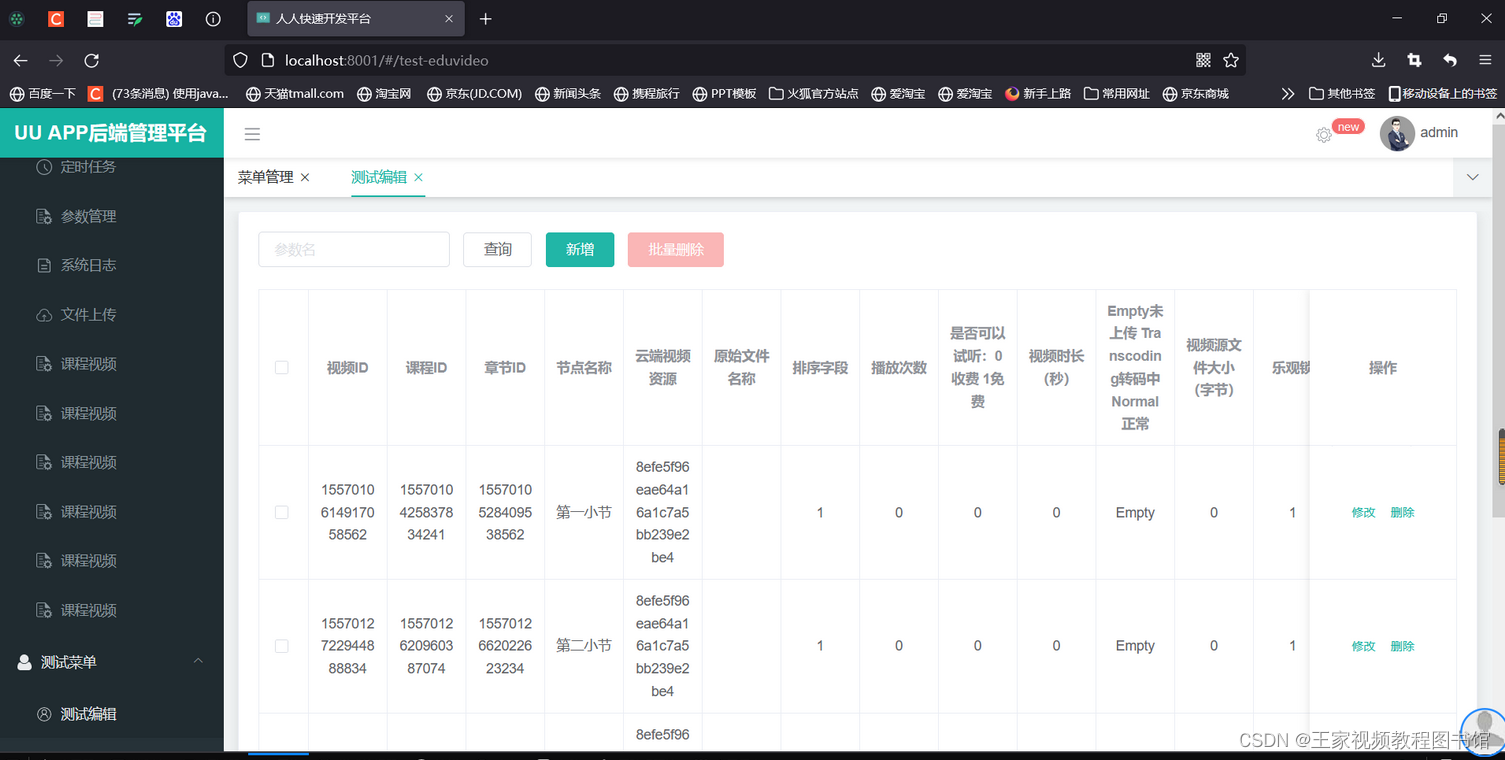文章目录
- 坑1:无法生成ts文件
- 坑2:ts文件的中文乱码
- 坑3:不能直接翻译全局变量、静态变量、符号常量字符串
官方文档 Internationalization with Qt
贴一个比较好的总结 Qt中,软件多语言国际化翻译的方法与步骤
坑1:无法生成ts文件
实测在VS2013+QT 5.9上,点击Create New Translation File无法生成ts文件
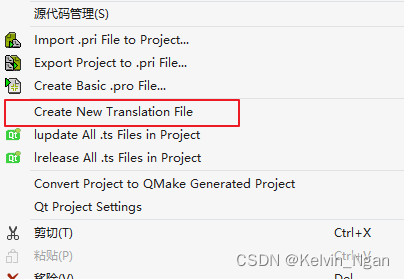
提示ExitCode 1
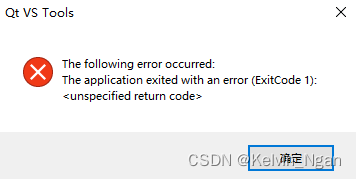
注:在VS2015+Qt5.12上就没有问题
因此只能通过qt cmd的方式生成,首先在VS中生成.pro文件,然后在.pro最后添加ts文件
TRANSLATIONS += xxxxx_zh.ts\
xxxxx_en.ts
运行qt cmd,输入 lupdate pro文件路径
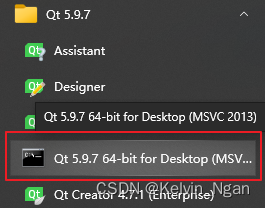
此处会警报,解决办法见 Qt cmd警告 WARNING: Project ERROR: Cannot run compiler ‘cl‘ 解决办法
WARNING: Project ERROR: Cannot run compiler 'cl'. Output:
===================
===================
Maybe you forgot to setup the environment?
生成.ts文件,把ts文件拖进VS就会自动用Linguist打开
Info: creating stash file C:\Qt\Qt5.9.7\5.9.7\msvc2013_64\.qmake.stash
Updating 'xxxxxx/xxxxx_zh.ts'...
Found 16 source text(s) (16 new and 0 already existing)
Updating 'xxxxxx/xxxxx_en.ts'...
Found 16 source text(s) (16 new and 0 already existing)
VS里的lrelease也不能用了,把上面cmd指令里的lupdate 改为lrelease 运行即可

生成.qm文件
Info: creating stash file C:\Qt\Qt5.9.7\5.9.7\msvc2013_64\.qmake.stash
Updating 'xxxxxx/xxxxx_zh.qm'...
Generated 2 translation(s) (0 finished and 2 unfinished)
Ignored 14 untranslated source text(s)
Updating 'xxxxxx/xxxxx_en.qm'...
Generated 0 translation(s) (0 finished and 0 unfinished)
Ignored 16 untranslated source text(s)
上面显示unfinished是因为在Linguist中没有确认,此时ts文件中会显示<translation type="unfinished">,确认后会取消unfinished标记

上面的过程可以简化为三个批处理文件:run_qt_cmd.bat打开qt cmd窗口,cmd_lupdate.bat生成.ts文件,cmd_lrelease.bat生成.qm文件,以下给出批处理文件:
(以QT5.9+MSVC2013 X64为例)
run_qt_cmd.bat
C:\Windows\System32\cmd.exe /A /Q /K C:\Qt\Qt5.9.7\5.9.7\msvc2013_64\bin\qtenv2.bat
这一串命令可以通过cmd快捷方式获得


cmd_lupdate.bat
set path=C:\Program Files (x86)\Microsoft Visual Studio 12.0\VC\bin;C:\Program Files (x86)\Microsoft Visual Studio 12.0\VC\bin\x86_amd64;%path%
lupdate pro文件路径
cmd_lrelease.bat
set path=C:\Program Files (x86)\Microsoft Visual Studio 12.0\VC\bin;C:\Program Files (x86)\Microsoft Visual Studio 12.0\VC\bin\x86_amd64;%path%
lrelease pro文件路径
使用方法:首先运行run_qt_cmd.bat打开cmd窗口,需要生成ts文件时将cmd_lupdate.bat拖进cmd;需要生成qm文件时将cmd_lrelease.bat拖进cmd
坑2:ts文件的中文乱码
用Linguist打开ts文件,里面的中文显示乱码。

ts文件本质就是一个xml,<?xml version="1.0" encoding="utf-8"?>,Qt Creator默认编码UTF8,VS则是GB2312,如果源代码里面存在中文的字面量字符串(Literal String),如tr("中文字符串"),lupdate会自动将中文字符串转为UTF8从而导致乱码
查看官方文档QObject::tr
[static] QString QObject::tr(const char *sourceText, const char *disambiguation = Q_NULLPTR, int n = -1)
Returns a translated version of sourceText, optionally based on a disambiguation string and value of n for strings containing plurals; otherwise returns QString::fromUtf8(sourceText) if no appropriate translated string is available.
QObject::tr会按照UTF8读取文本
所以,源代码中待翻译的文本(用tr包含的字符串),使用拉丁字母表示,可以是文本对应的英文的大概意思,甚至是中文拼音,只要方便翻译人员在Linguist中对照即可
坑3:不能直接翻译全局变量、静态变量、符号常量字符串
因为全局变量、静态变量初始化发生在QTranslator::installTranslator之前,Qt无法替换(翻译)这些变量。而通过QT_TR_NOOP宏可以标识出静态生存期变量,让Qt可以晚一些再翻译这些变量,称为delayed translation,见官方文档QT_TR_NOOP的说明:
QT_TR_NOOP(sourceText)
Marks the UTF-8 encoded string literal sourceText for delayed translation in the current context (class).
The macro tells lupdate to collect the string, and expands to sourceText itself.
官方的示例:
QString FriendlyConversation::greeting(int type)
{
static const char *greeting_strings[] = {
QT_TR_NOOP("Hello"),
QT_TR_NOOP("Goodbye")
};
return tr(greeting_strings[type]);
}
注意它明确提到 in the current context (class),例子中的静态字符串位于FriendlyConversation类作用域中,显然FriendlyConversation要不是QObject对象,要不是经过声明了Q_DECLARE_TR_FUNCTIONS宏,翻译动作始终需要由
QCoreApplication::translate来完成。Q_DECLARE_TR_FUNCTIONS的宏定义如下:
#define Q_DECLARE_TR_FUNCTIONS(context) \
public: \
static inline QString tr(const char *sourceText, const char *disambiguation = Q_NULLPTR, int n = -1) \
{ return QCoreApplication::translate(#context, sourceText, disambiguation, n); } \
QT_DECLARE_DEPRECATED_TR_FUNCTIONS(context) \
private:
对于常量字符串、符号常量字符串,它们甚至在编译时就被编译器替换好了,就更不可能经QCoreApplication::translate翻译了。像下面的做法都是徒劳:
#define DEFINE_MESSAGE_ QT_TR_NOOP("Failed to 1")
const char *kConstMessage = QT_TR_NOOP("Failed to 2");
static const char *kStaticConstMessage = QT_TR_NOOP("Failed to 3");
...
QMessageBox::critical(nullptr, tr("Error"), tr(DEFINE_MESSAGE_);
QMessageBox::critical(nullptr, tr("Error"), tr(kConstMessage);
QMessageBox::critical(nullptr, tr("Error"), tr(kStaticConstMessage);
...
一种替代方案是通过一个类封装全局变量,并将类声明Q_DECLARE_TR_FUNCTIONS宏或者继承QObject
//GlobalMessageWarpper.h
class GlobalMessageWarpper
{
Q_DECLARE_TR_FUNCTIONS(GlobalMessageWarpper)
public:
static QString message() { return tr(kMessage); }
static const char* kMessage;
};
//GlobalMessageWarpper.cpp
const char* GlobalMessageWarpper::kMessage = QT_TR_NOOP("Failed to ...");
//main.cpp
...
QMessageBox::critical(nullptr, tr("Error"), GlobalMessageWarpper::message());
...
![[Redis] Redis实战](https://img-blog.csdnimg.cn/c7d0ff8db4514906bf8a8259a7bb7360.png)
![[附源码]java毕业设计实践教学管理系统](https://img-blog.csdnimg.cn/353823c997794b1cbfe2e187bcbd3561.png)

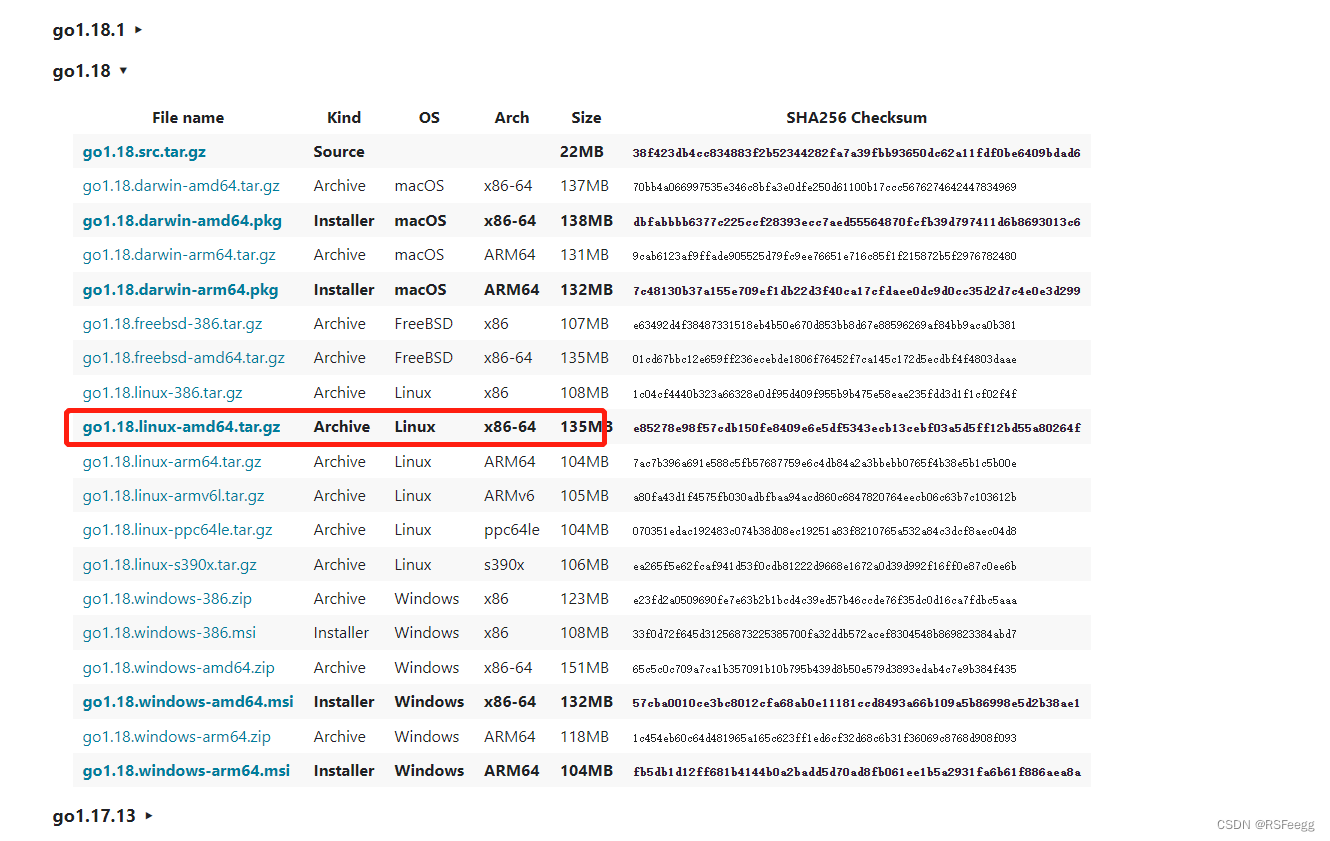


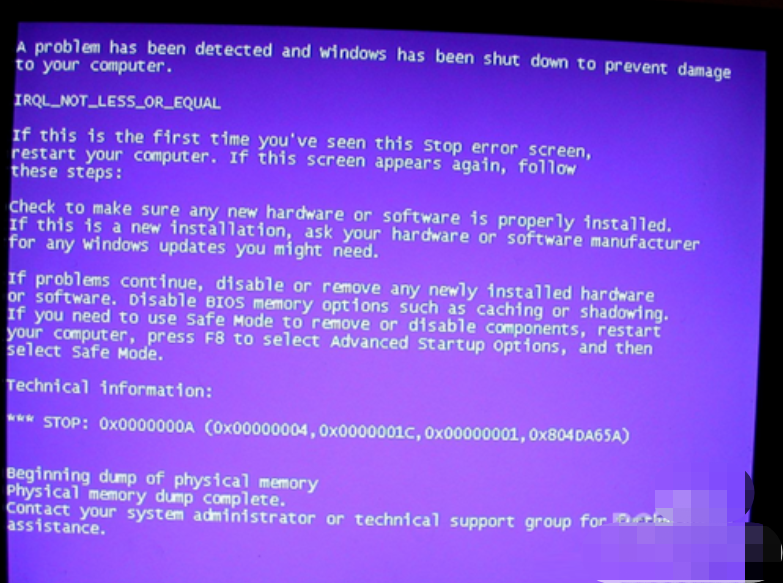

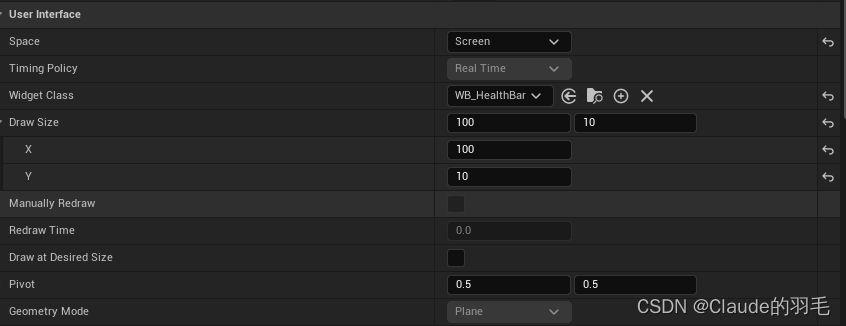



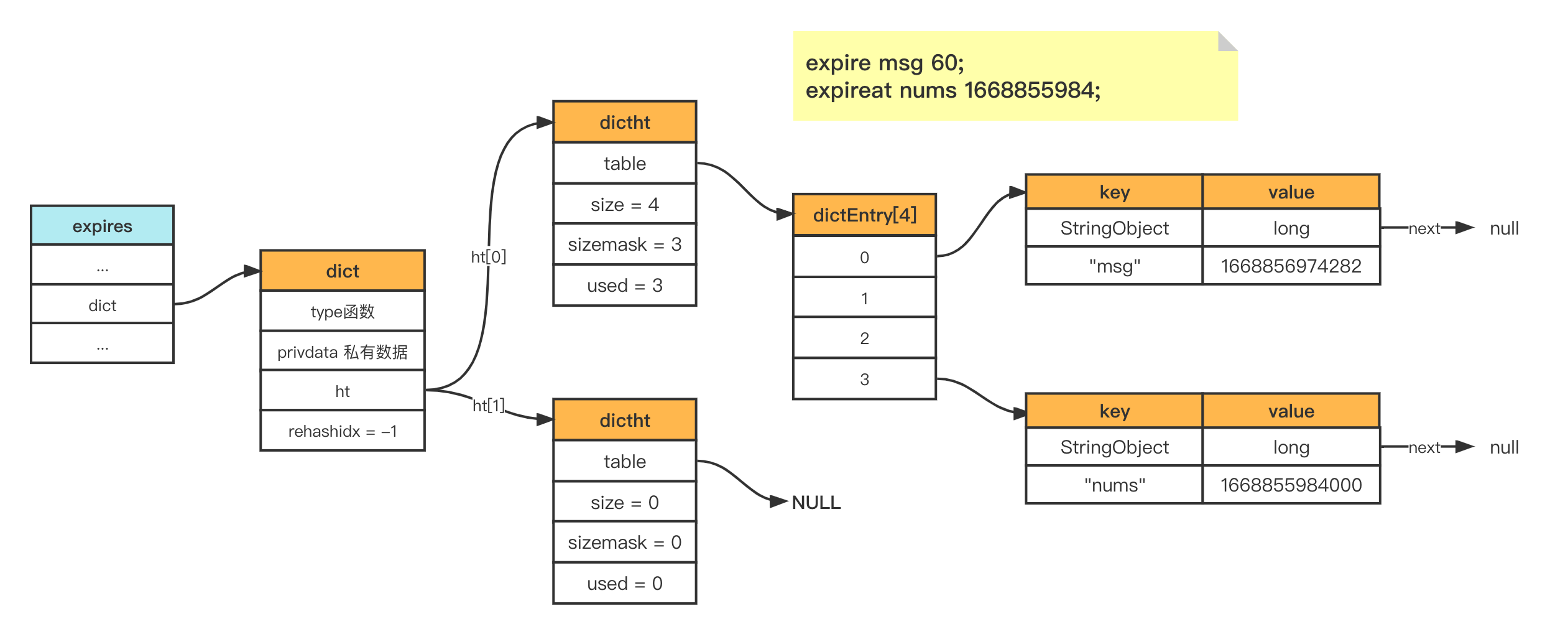

![[附源码]SSM计算机毕业设计智慧教室预约JAVA](https://img-blog.csdnimg.cn/5dfe376bf2c74ac08fbec78e26bd826f.png)



